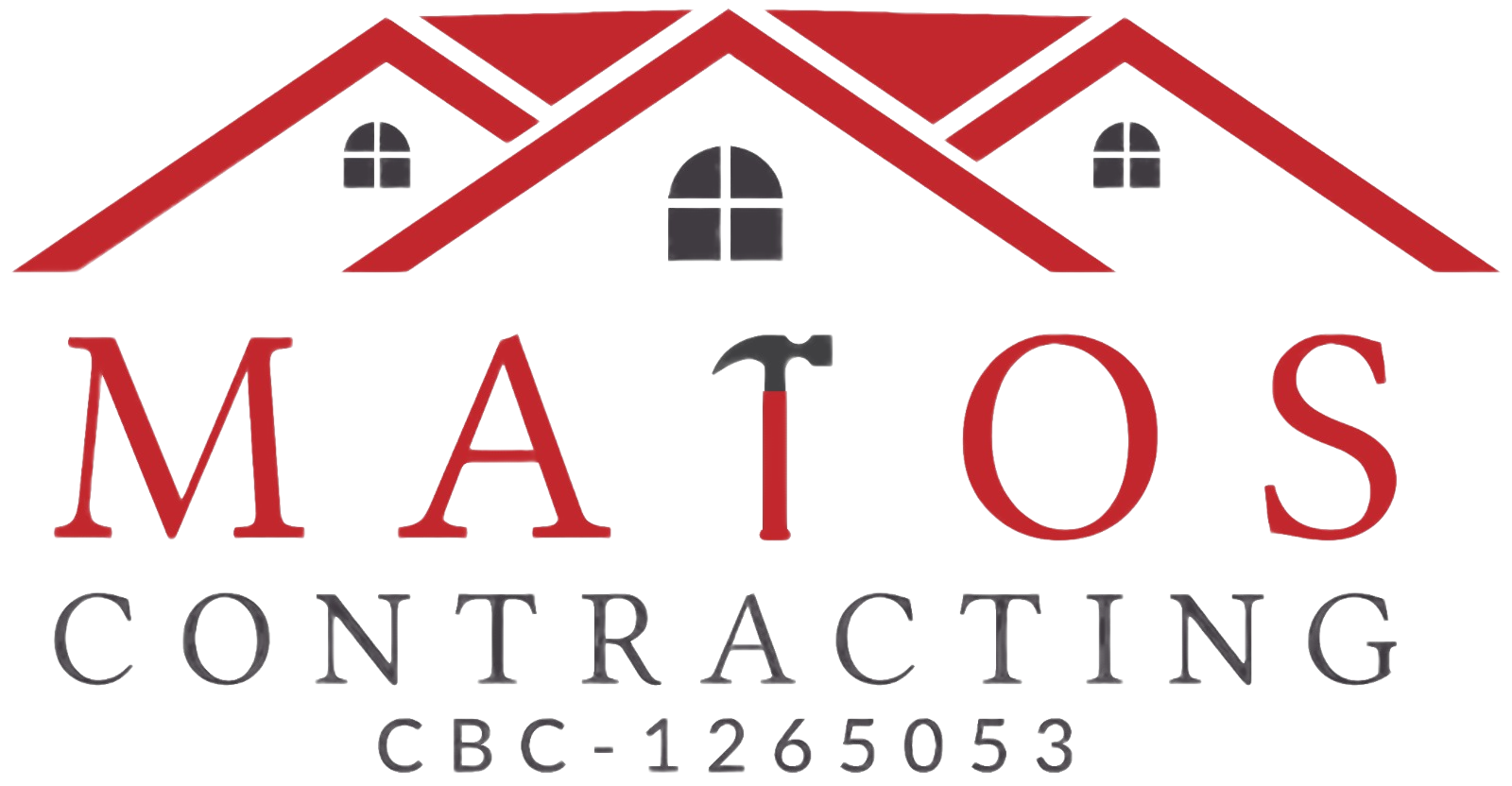When a big storm hits, your home’s first line of defense is often the windows and doors. If they break, wind and water can rush inside, causing major damage. That’s why many homeowners are now choosing impact windows and doors instead of standard ones. These are specially designed to stand strong against flying debris and heavy winds.
For people planning custom homes, the choice becomes even more important. A custom house builder will usually recommend impact options because they don’t just protect your property during storms, they also add long-term value, safety, and peace of mind. The question is simple: should you stick with standard windows and doors, or invest in impact-rated ones for real storm safety?
Why Storm Safety Starts with Windows and Doors
When a window or door breaks during strong winds, it creates an opening that lets air and water rush inside. This sudden pressure can push up on the roof and even cause walls to weaken. In many cases, the damage starts small, with a broken window, and quickly turns into a major disaster. [1]
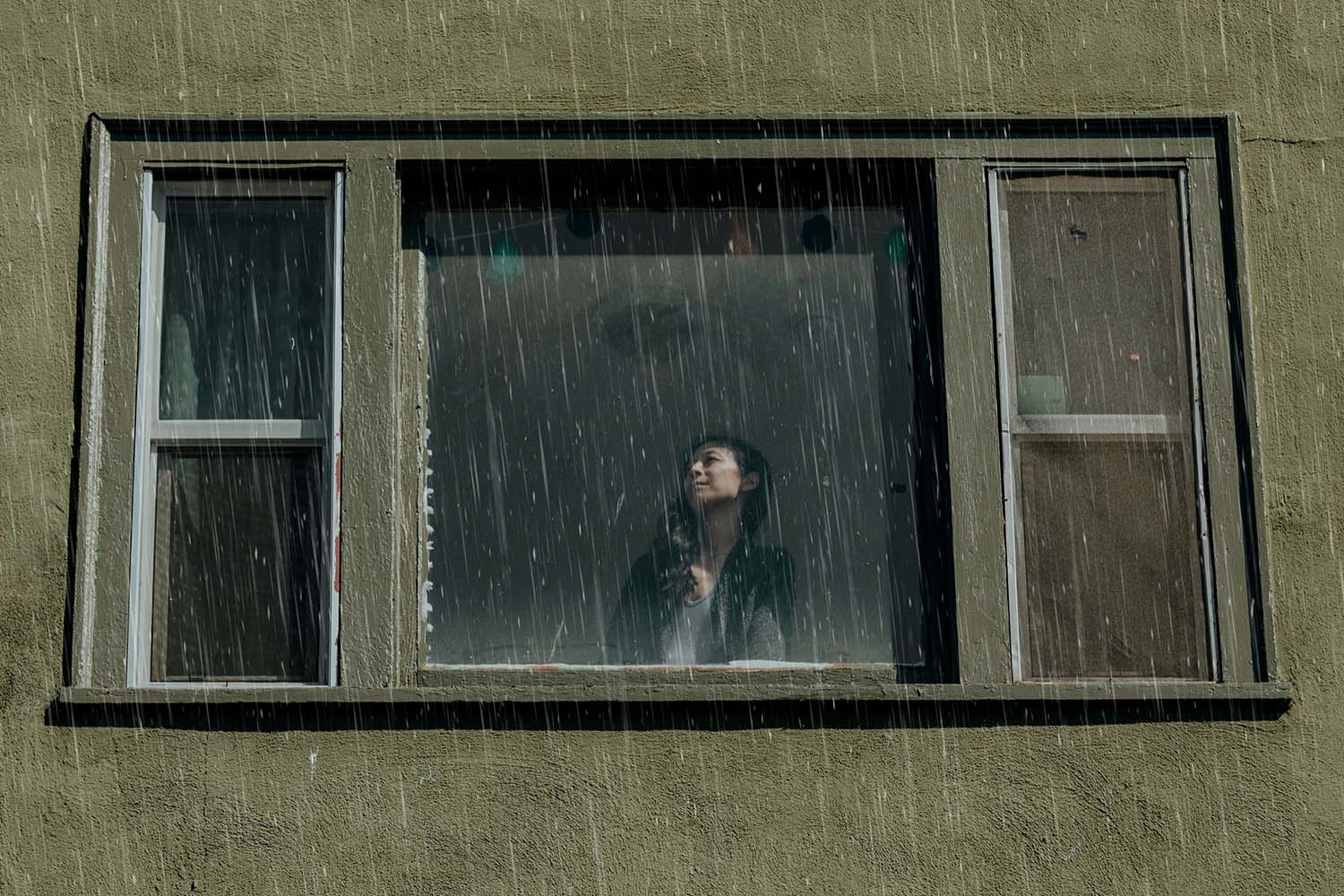
That’s where impact windows and doors make a big difference. They are built with stronger glass and reinforced frames that can handle flying debris and heavy wind pressure. Instead of shattering into dangerous pieces, they stay intact and protect your home’s structure.
For anyone planning custom homes, this is a decision you want to make early. A good custom house builder will recommend installing impact windows and doors as part of the design. It not only prepares your home for storm safety but also increases its long-term value. Choosing the right protection for windows and doors isn’t just about safety; it’s about protecting your investment and giving your family peace of mind.
What Are Standard Windows and Doors?
Most homes are built with standard windows and doors. These are the usual glass windows and wooden or metal-framed doors you see in many houses. They work fine for everyday weather, but when it comes to strong storms, they have some weak points.
Here’s what you need to know about standard windows and doors:
- Made with basic glass that can easily crack or shatter under pressure
- Frames are usually not reinforced to handle flying debris
- Affordable and easy to install in most homes
- Widely available, which makes them the common choice for many builders
- Offer only limited protection during hurricanes or heavy storms
- Often require extra steps like shutters or boarding before a storm
For people planning custom homes, relying only on standard windows and doors might not be the best idea, especially in storm-prone areas. A custom house builder will usually suggest upgrading to impact windows and doors if safety is a priority.
What Are Impact Windows and Doors?
Unlike standard ones, impact windows and doors are specially designed to keep homes safe during storms. They use stronger materials and advanced technology to handle flying debris, heavy winds, and sudden pressure changes. Instead of breaking into sharp pieces, the glass stays in place even if it cracks. [2]
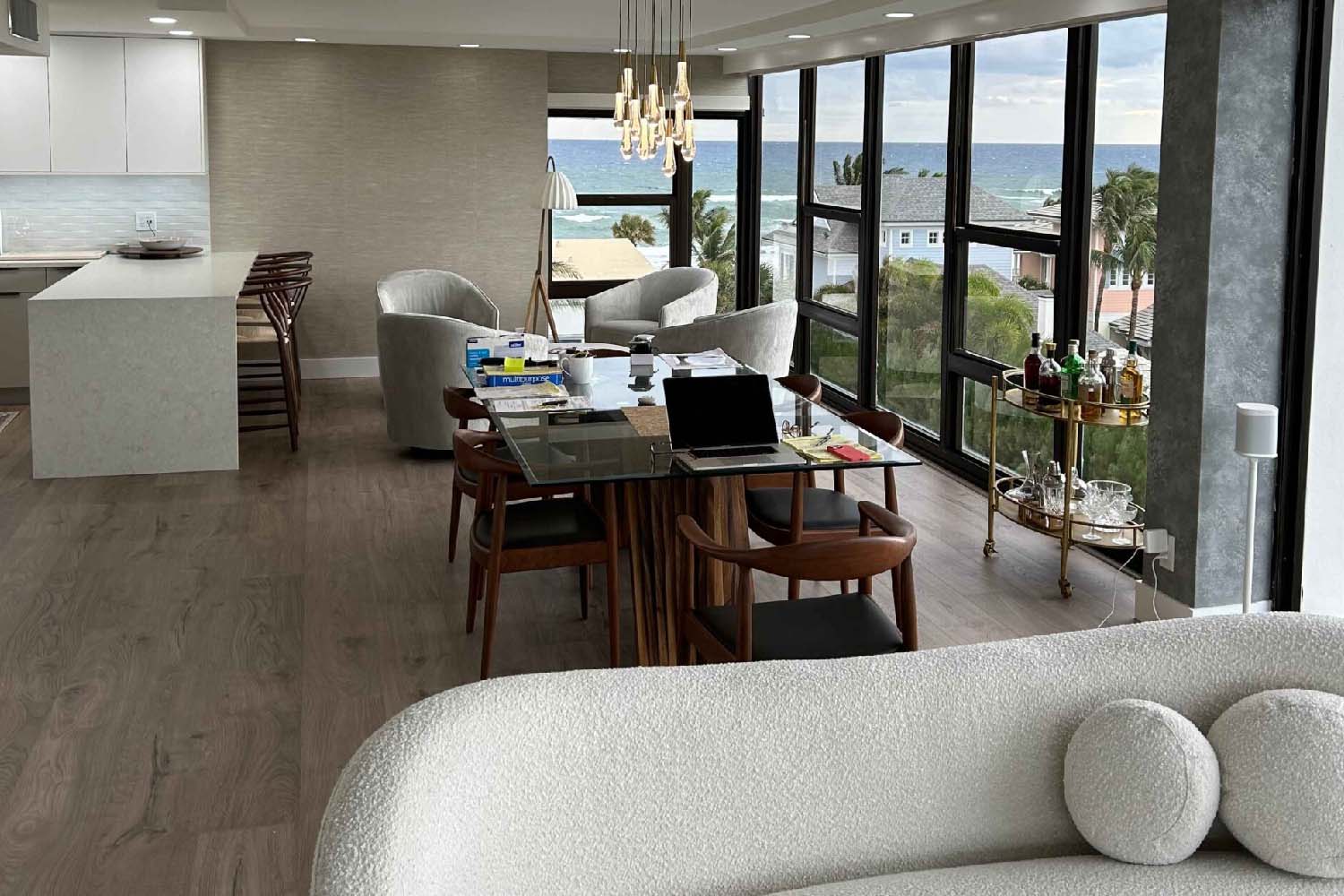
Key features of impact windows and doors:
- Made with laminated or layered glass that resists shattering
- Reinforced frames that hold steady against strong winds
- Stay intact even when hit by flying objects during a storm
- Provide constant protection; no need to add shutters or plywood
- Tested and approved to meet hurricane and storm safety standards
Extra benefits you may not expect:
- Reduce outside noise for a quieter home
- Block harmful UV rays that damage furniture and floors
- Improve energy efficiency, which lowers electricity bills
- Add another layer of security against break-ins
For anyone building custom homes, choosing impact windows and doors is a smart move. A skilled custom house builder will often recommend them because they don’t just protect during storms, they also increase property value and peace of mind.
Head-to-Head Comparison: Impact vs Standard
When it comes to storm safety, the choice between standard windows and impact windows and doors can change everything. Let’s break down the main differences in a way that’s easy to understand. [3]
Strength and Safety
Standard windows and doors are built for normal conditions, not heavy storms. The glass can shatter quickly if hit by flying debris, sending sharp pieces into your home. Once a window breaks, strong winds can push inside and cause bigger damage.
Impact windows and doors, on the other hand, are made with layered glass and reinforced frames. Even if the glass cracks, it stays in place instead of shattering. This keeps your home sealed and safe during hurricanes or high winds.
Preparation and Maintenance
With standard windows, you often need to cover them with plywood or shutters every time a storm warning comes. That takes time and effort.
Impact windows and doors are always storm-ready. You don’t need to add anything extra, which makes life much easier when bad weather hits.
Durability and Lifespan
Standard windows may need frequent replacement if they crack, warp, or break over time. They’re cheaper upfront but can cost more in the long run.
Impact windows and doors are built to last for decades. They’re tested for extreme conditions and add long-term value to your home.
Cost and Value
Standard windows are budget-friendly in the beginning, which makes them a common choice. But when you add repair costs, storm damage, and insurance, the savings often disappear.
Impact windows and doors cost more upfront, but they can lower insurance premiums, reduce energy bills, and protect your property value.
Insurance & Building Code Factors
When deciding between standard and impact windows and doors, it’s not just about safety; it’s also about meeting rules and saving money.
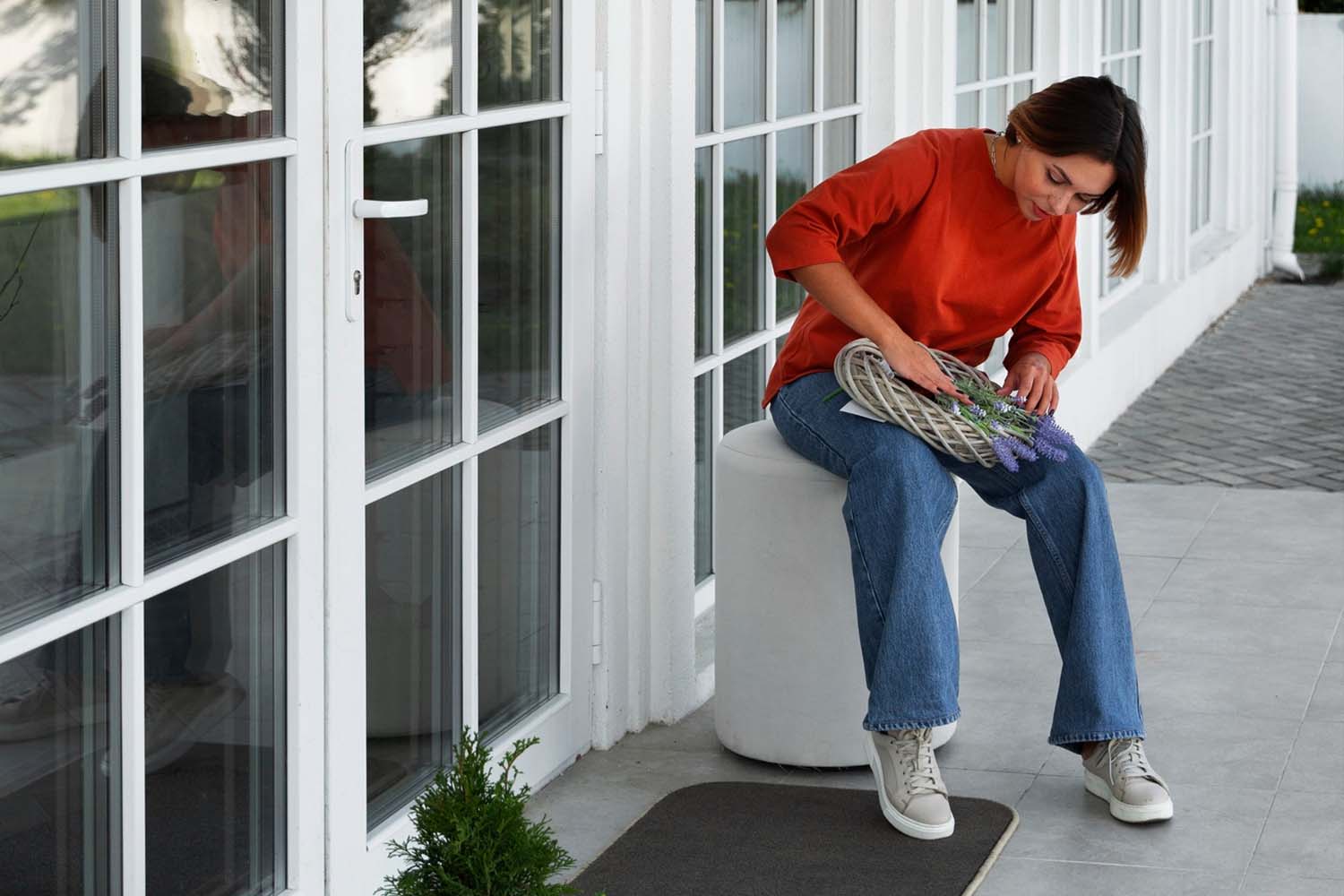
Building Code Requirements
- In many storm-prone areas, local laws require homes to have hurricane-rated protection.
- Standard windows may not meet these codes without shutters.
- Impact windows and doors are often the easiest way to stay compliant.
For custom homes, a custom house builder will check local codes and recommend the right option.
Insurance Benefits
- Insurance companies know the risks of storm damage.
- Homes with standard windows may face higher premiums or even be denied claims after a storm.
- Installing impact windows and doors can lower premiums.
- Some insurers offer special discounts if the entire home uses impact-rated products.
Final Words
Standard windows and doors may work for normal weather, but they fall short when storms arrive. Impact windows and doors offer stronger protection, better durability, and even extra benefits like energy savings and noise reduction. For those planning custom homes, investing in impact options is a smart step. A reliable custom house builder will always highlight safety as part of long-term value.
Frequently Asked Questions
Which is better, impact windows or hurricane windows?
They’re the same thing. Both terms describe windows designed to handle flying debris and strong winds during storms.
What are the disadvantages of impact windows?
The main drawback is cost. They are more expensive upfront than standard windows. Also, if the glass cracks, it usually needs professional repair or replacement.
What is the safest style of windows?
Impact windows are the safest style because they use laminated glass and reinforced frames. Even when cracked, they stay in place and protect your home.
Are impact windows good for security?
Yes. They add strong protection against break-ins because the glass is much harder to shatter compared to standard windows.
References
[1] https://highmarkconstruction.com/whats-new/storm-safety-tips/
[2] https://kamrell.com/benefits-of-impact-windows-and-doors/
